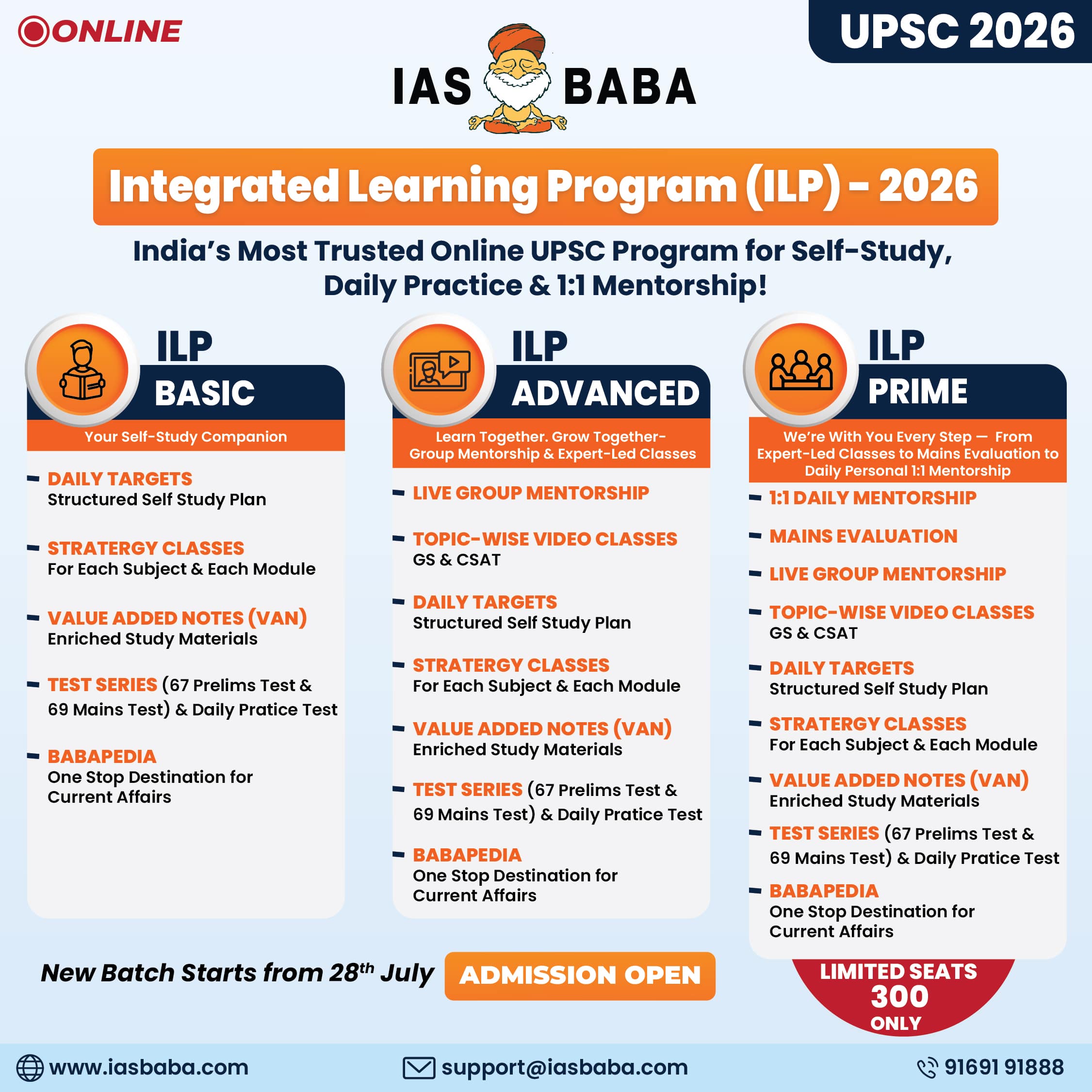UPSC Articles
GOVERNANCE/ ENVIRONMENT
- GS-2: Government policies and interventions for development in various sectors and issues arising out of their design and implementation
- GS-2: Environment & Conservation
Tackling the Climate Crisis
Context: The recently published Intergovernmental Panel on Climate Change (IPCC) Sixth Assessment Report from Working Group I makes a clarion call for climate action.
- According to the report, the past decade (2011-2020) was warmer by 1.09°C than the period from 1850 to 1900, and the 1.5°C global warming threshold is likely to be breached soon
Do You Know?
- The Global Climate Risk Index (2021) ranked India the seventh-most affected country by weather extremes.
- The IPCC report warns India against more intense heat waves, heavy monsoons and rise in weather extremes in the future.
Importance of Adaptation
- Responses to climate change vary from place to place as there are differences in production systems, agro-climatic and socio-economic conditions across the country. Hence, there is an urgency to adopt country specific adaptation strategies.
- India has some dedicated initiatives towards adaptation, such as the National Action Plan on Climate Change and the National Adaptation Fund.
- However, adaptation planning needs to go beyond a business-as-usual approach.
- A development-centric approach that aligns climate change, food security, and livelihood perspectives and takes into consideration regional specificities is crucial for reducing poverty and distress migrations.
- Moreover, adaptation planning requires governance at different levels to understand, plan, coordinate, integrate and act to reduce vulnerability and exposure.
To strengthen adaptation and resilience, India can do the following.
- Improvised Prediction Models: First, it can be more prepared for climate change with high-quality meteorological data. With improved early warning systems and forecasting, we can tackle the crisis better. Premier research institutes can be roped in to develop regional climate projections for robust risk assessments.
- Promoting Environmentally Friendly Products: Second, for sustainable production systems, it is necessary to develop well-functioning markets for environmentally friendly products and disseminate them for the desired behavioural change.
- Involve Private Sector: Third, it is important to encourage private sector participation for investment in adaptation technologies and for designing and implementing innovative climate services and solutions in areas such as agriculture, health, infrastructure, insurance and risk management.
- Tapping into traditional knowledge: Fourth, we need to protect mangroves and forests to address climate-related risks by blending traditional knowledge with scientific evidence and encourage local and non-state actors to actively participate.
- Establish Feedback Mechanisms: Fifth, for continuous monitoring and evaluation, effective feedback mechanisms must be developed for mid-course correction. Periodic fine-tuning of State Action Plans on Climate Change is needed to design appropriate responses & proper resource allocation.
Conclusion
- Proactive and timely need-based adaptation is important. Without it, there will be a huge fiscal burden in the future.
- A more collaborative approach towards climate change adaptation is crucial.
- Next-generation reforms will promote new business and climate service opportunities across several sectors and thus create a sustainable economy.
Connecting the dots:














